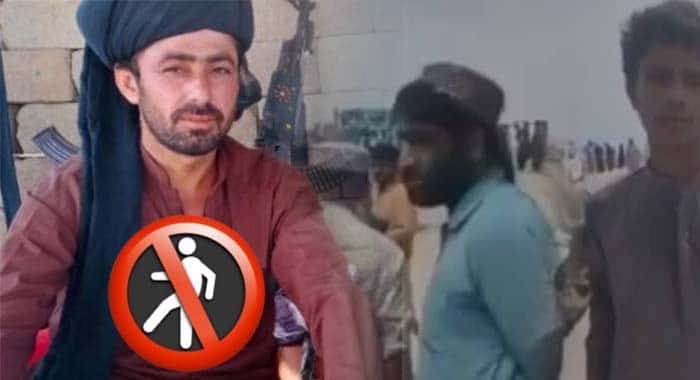In a significant blow to the Baloch Republican Army (BRA), six of its terrorists were killed and four others wounded in an armed confrontation with local tribes in the Sui tehsil of Dera Bugti district. According to reliable tribal sources, members of the Chakrani tribe launched a retaliatory operation after receiving reports of BRA militants operating in their area.
Upon confirming the militants’ presence, the tribesmen swiftly mobilised and surrounded the group, catching them off-guard. The sudden counter-attack caused panic among the militants, resulting in heavy casualties. While two bodies of the slain terrorists have been recovered from the scene, the other four injured were reportedly evacuated by their fleeing comrades.
Sources further revealed that among the dead is the infamous BRA commander Vishu Hotkani, who was allegedly responsible for numerous attacks and the killing of innocent Baloch civilians. Another militant identified as Mashqool Kohli, the brother of Suri Kohli, was also confirmed among the dead.
The Chakrani tribal elders, expressing their frustration and anger, stated:
“These terrorists do not fight for the Baloch cause; they target innocent civilians. It is our children, our women, and our elderly who die in their bombings and mine blasts. We will now make their lives as miserable as they’ve made ours.”
This incident is part of a broader and growing trend across Pakistan’s terror-affected provinces; especially Khyber Pakhtunkhwa and Balochistan, where locals are increasingly taking a stand against militant elements. In various districts of KP such as Dir, Bajaur, Mohmand, Khyber, Orkazai, Bannu, Lakki Marwat, Karak, and elsewhere, tribal communities have aligned themselves with security forces to root out militants, particularly those affiliated with the so-called “Khawarij” (a term used for terrorisrts affiliated with TTP).
Both in KP and Balochistan, the people; especially the tribal communities, have now adopted a firm “zero tolerance” stance against terrorism, refusing to be intimidated by bombs, threats, or separatist propaganda. From the Bugti to the Chakrani in Balochistan, and from Bajaur to Lakki Marwat and Waziristan in KP, a clear message is being sent: these communities will no longer remain silent in the face of violence.
Similarly, in Balochistan, after resistance from the Bugti tribe, the Chakrani tribes have now openly rejected the BRA’s separatist narrative, labelling it as an extension of foreign-backed agendas aimed at destabilizing the region.
Local resistance is becoming a powerful force, and this recent successful operation by tribal fighters highlights the failure of these terrorist groups to intimidate the people. Despite their use of landmines, grenade attacks, and guerrilla tactics, they are now facing mounting resistance from a population determined to reclaim peace and stability.
With unwavering support from the nation and the bravery of these communities, security analysts believe that the days of such terrorist organisations in Pakistan are numbered.





